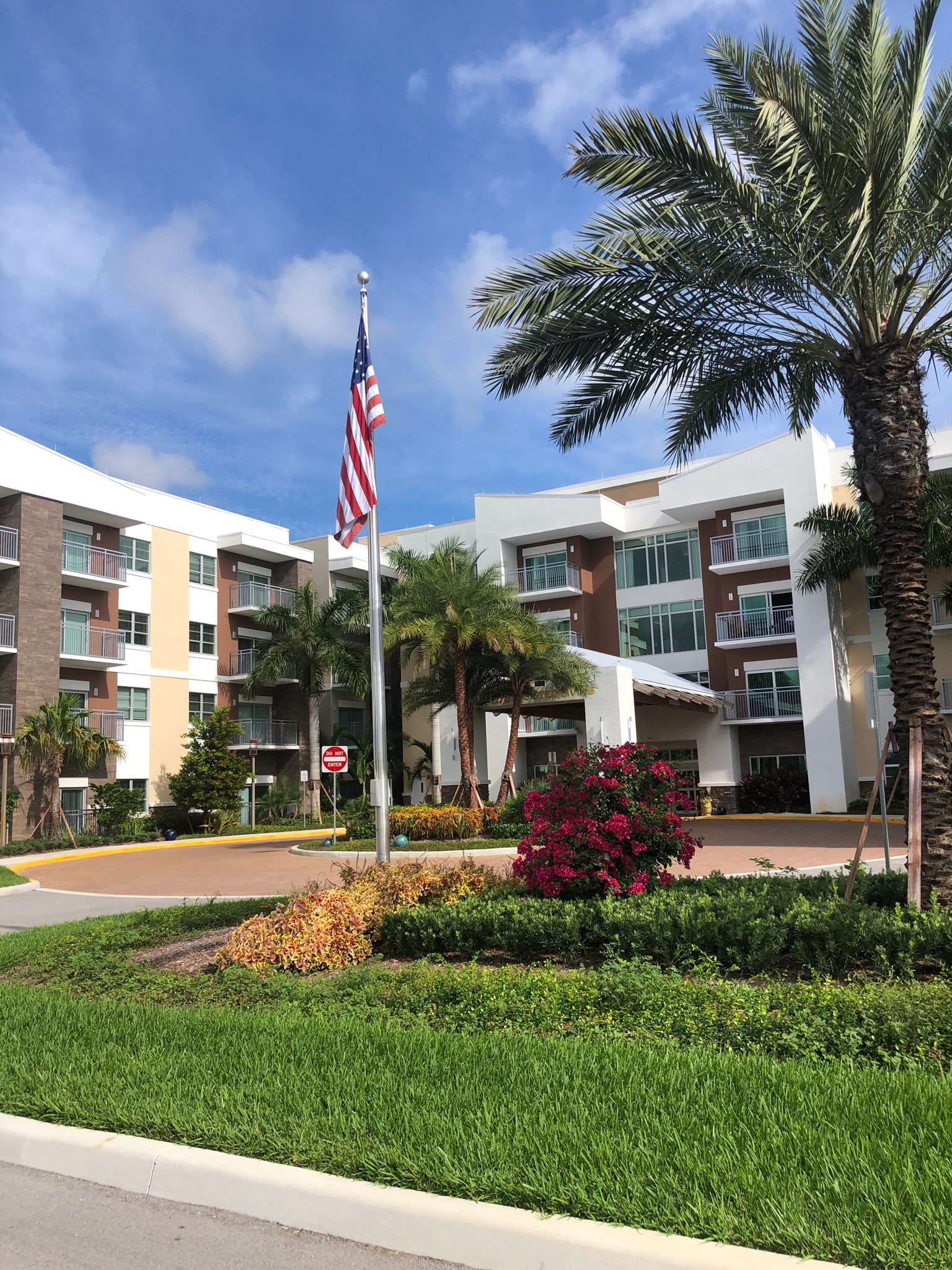Alternate Care Settings for Seniors
Nowadays, there are different types of care settings and support communities specialized to meet the lifestyles of aging Americans. Each of the senior living community has its own pros and cons, so choosing the best option can be quite challenging.
Nowadays, there are different types of care settings and support communities specialized to meet the lifestyles of aging Americans. Each of the senior living community has its own pros and cons, so choosing the best option can be quite challenging.
Speaking of alternate care settings for seniors, we cannot but mention Aging in Place. “Aging in Place” actually describes a person who lives in the residence of their own choice as they age. It’s no wonder why this option is growing in popularity in the home care world: baby boomers want to live a healthy and comfortable life, so they opt to age in familiar surroundings. The latest surveys have shown that almost 90% of the elderly in the U.S. want to stay in their home. Aging in Place maintains valuable social networks and a familiar environment, while promoting mental and physical well-being. It can also strengthen the family ties.
However, there would be some sort of home modifications and investment when it comes to home equipment. The care costs can be high depending on the care plan and the nature and extent of the changes required. Seniors might be resistant to any home modifications that would signify that they need professional care and at home assistance.
Assisted Living Care Facilities in Palm Beach Gardens, West Palm Beach, Juno Beach and Wellington
Assisted living centers are another popular housing arrangement. Similar to nursing home communities, constant care is available for different social and medical needs. However, unlike nursing homes, assisted living centers are a combination of care and independence created specifically for every individual resident. This might sound a bit scientific and dry, but it is the kind of care every older citizen is looking for.
Assisted living facilities cost less in comparison to nursing and senior retirement homes, but still, they are pretty expensive. Health care insurance policies might cover some part of the bills, but Medicare doesn’t cover the assisted living costs. Furthermore, some people might have problems adjusting to group living or be accepted into assisted living.
Many seniors include the possibility to relocate to their family member’s home. This is not an easy decision, so both the senior and their family should consider several factors. Aside from the logistical considerations, they should reflect on their ideas and values, as well as the senior’s desired independence level against their ability for performing the tasks required.
- What kind of care will they need?
- How much assistance their family members can provide?
- How well do both sides get along?
- Is the home older-adult-friendly?
These and many more questions must be answered. Not everyone can deal with the stress of caregiving. Plus, this way of living might bring high senior care cost, so it’s important to know whether or not the senior will contribute financially.
Choosing the best alternate care setting for seniors is not easy, but if handled correctly, it’ll bring positive changes for both the senior and their family. Some children often retain guilt when it comes to moving their parents to care facility, but choosing this option improves the quality of life from social and medical perspectives.

